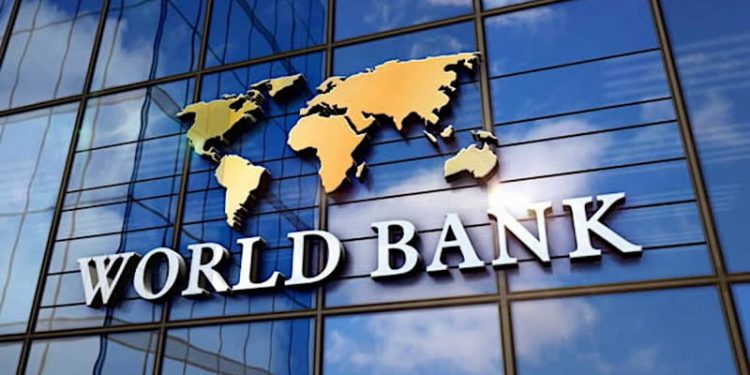The Federal Government of Nigeria is expected to secure a $1.7 billion loan from the World Bank, with approval anticipated on September 26, 2024. This funding, aimed at bolstering the country’s economic stability and resource mobilization, will be allocated across three major development projects.
The first project, the Nigeria: Primary Healthcare Provision Strengthening Programme, will receive $500 million to enhance healthcare infrastructure, train medical professionals, and improve service delivery. The Nigeria Human Capital Opportunities for Prosperity and Equity Governance project will also secure $500 million, focusing on human capital development by improving education, health, and social protection services. Lastly, the Sustainable Power and Irrigation for Nigeria Project will receive the largest share of $700 million, dedicated to sustainable power generation and irrigation to support agriculture and industrial growth.
These projects have successfully reached the negotiation stage, the final phase of the loan approval process, following negotiations between Nigeria’s Finance Ministry and the World Bank. If approved, this will bring Nigeria’s total borrowing from the World Bank in 2024 to $3.95 billion and $6.65 billion under President Bola Tinubu’s administration.
The Nigeria Human Capital Opportunities for Prosperity and Equity project aims to improve the quality and accessibility of essential healthcare services, as well as build resilience within the healthcare system. According to the World Bank’s Environment and Social Systems Assessment, the project will focus on maternal and child healthcare, increasing skilled birth attendance, and expanding primary health facility readiness. The program will be implemented by various federal ministries, including Health, Education, and Budget and Economic Planning.
Additionally, the Primary Healthcare Provision Strengthening Programme seeks to fortify Nigeria’s primary healthcare system. The program will prioritize infrastructure development, healthcare worker training, and enhanced service delivery, with implementation overseen by the Ministry of Health.
The Sustainable Power and Irrigation for Nigeria Project will focus on boosting sustainable energy and irrigation systems, critical for agriculture and industrialization. It will be implemented under the supervision of the Federal Ministry of Water Resources and Sanitation.
Further loan approvals are expected in December 2024, with projects like the Rural Access and Agricultural Marketing Project – Scale Up, set to receive $500 million. Another $500 million loan for the Solutions for Internally Displaced and Host Communities Project is slated for approval in April 2025.
Earlier in 2024, the World Bank approved loans totaling $2.25 billion, including the Nigeria Reforms for Economic Stabilization to Enable Transformation Development Policy Financing Program ($1.5 billion) and the Nigeria Accelerating Resource Mobilization Reforms Program-for-Results ($750 million). So far, Nigeria has accessed $751.88 million of the $1.5 billion allocated for economic reforms.
Currently, Nigeria’s external debt to the World Bank stands at $15.59 billion as of March 31, 2024, reflecting the country’s increasing reliance on external borrowing to support its development projects. In addition, recent reports indicate that 20 state governments borrowed N446.29 billion in just six months, underscoring the significant financial burden facing Nigeria’s sub-national governments.










